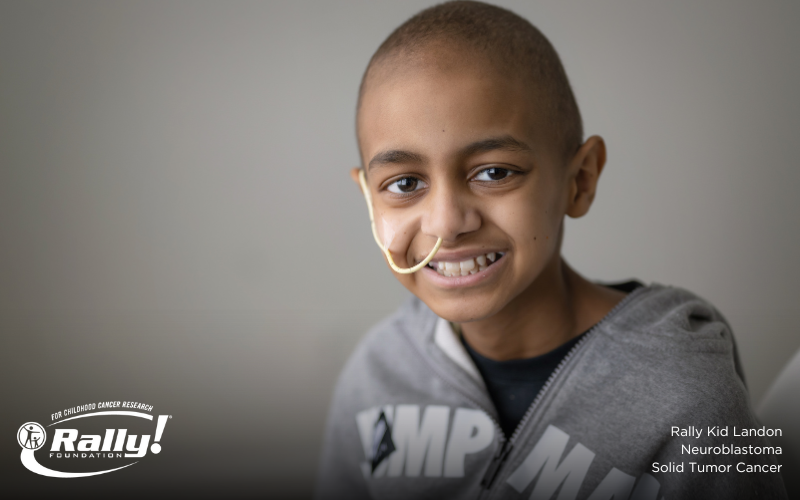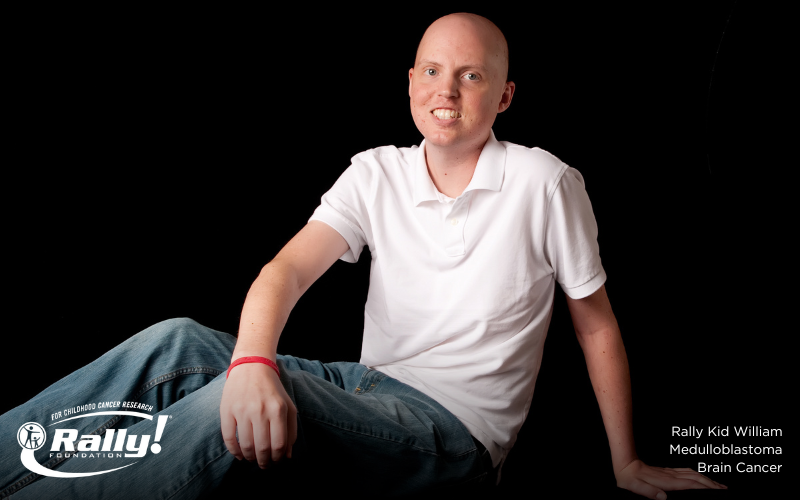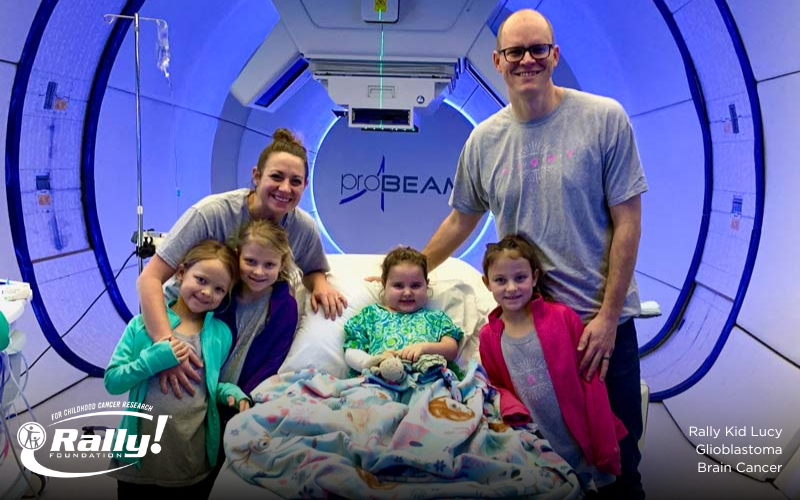An astrocytoma is a brain tumor that begins in astrocytes—a type of glial cell that supports nerve cells in the brain. Astrocytomas can be...


An astrocytoma is a brain tumor that begins in astrocytes—a type of glial cell that supports nerve cells in the brain. Astrocytomas can be...

Langerhans cell histiocytosis (LCH) is a rare disorder in which the body produces an overabundance of Langerhans cells. These cells, which...

Ependymoma is a tumor that appears most often in the brain and sometimes in the spinal cord. It is a type of glioma, meaning it starts in...

Lymphoma is a cancer of the body’s lymphatic (lymph) system which is essential to the immune system. The lymphatic system is made up of a...

Chronic myeloid leukemia (CML) is a type of blood cancer that causes an overproduction of white blood cells. These cells grow abnormally...

Neuroblastoma is a cancerous tumor that develops in the nervous system of babies and young children. It can also occur, rarely, in...

Atypical Teratoid/Rhabdoid Tumor (AT/RT) is a rare and fast-growing tumor that typically originates in the brain and spinal cord. These...

Medulloblastoma is a type of brain cancer that’s most commonly found in children. “Medulloblastoma starts in the cerebellum, which is...

Diffuse intrinsic pontine glioma (DIPG) is a brain tumor found in a part of the brain stem—above the back of the neck and connected to the...

“Glioma” is a general term for a group of tumors that begin in glial cells—the supporting cells of the brain. Gliomas are classified based...

Acute lymphoblastic leukemia, also called acute lymphocytic leukemia, or ALL for short, is a type of blood cancer that causes bone marrow...

In simple terms, retinoblastoma is an eye cancer that develops in the immature cells of the retina. Though it is rare—with approximately...

Wilms tumor is a type of kidney cancer that primarily develops in children around the ages of three and four. It’s the most common type of...

Childhood cancer is a big problem. In the U.S. alone, 46 children are diagnosed with cancer every school day. But it doesn’t just affect...

Acute myeloid leukemia (AML) is a blood cancer of the myeloid cells that normally form white blood cells, red blood cells or platelets....

An astrocytoma is a brain tumor that begins in astrocytes—a type of glial cell that supports nerve cells in the brain. Astrocytomas can be benign or malignant and typically occur in the brainstem, cerebellum, cerebrum, hypothalamus or optic nerves. Tumors that start in glial cells are called gliomas and are named for the specific kind of glial cell in which they originate: astrocytes, oligodendrocytes or ependymocytes. Astrocytomas are the most common form of gliomas found in...

Langerhans cell histiocytosis (LCH) is a rare disorder in which the body produces an overabundance of Langerhans cells. These cells, which are also known as histiocytes, are a type of white blood cell that helps the immune system fight off infections. LCH causes too many of these cells to form, ultimately resulting in a buildup in the body. This accumulation of cells then damages organs, forms tumors, and otherwise disrupts normal tissue functions. According to the Histiocytosis Association,...

Ependymoma is a tumor that appears most often in the brain and sometimes in the spinal cord. It is a type of glioma, meaning it starts in the support cells of the brain. This cancer occurs more frequently in children—accounting for 5-10% of all pediatric brain tumors—but it can also affect adults. Common pediatric subtypes include classic ependymoma, a tumor that most commonly appears in the brain, and anaplastic ependymoma, which tends to spread and has a high chance of recurrence. Each type...

Lymphoma is a cancer of the body’s lymphatic (lymph) system which is essential to the immune system. The lymphatic system is made up of a type of white blood cells also known as lymphocytes which flow throughout the whole body. These lymphocytes fight infections throughout the body, so when cancerous cells begin to grow they can quickly spread through the entire lymph system. This then makes it difficult for the immune system to work properly. Early symptoms of lymphomas usually begin with a...

Chronic myeloid leukemia (CML) is a type of blood cancer that causes an overproduction of white blood cells. These cells grow abnormally and can build up in the blood and bone marrow, leaving less room for healthy white and red blood cells as well as platelets. CML is commonly associated with a genetic mutation called the Philadelphia chromosome. While CML is very rare in children, with about 150 pediatric cases in the U.S. each year, it’s often more aggressive in kids than it is in adults....

Neuroblastoma is a cancerous tumor that develops in the nervous system of babies and young children. It can also occur, rarely, in adolescents. A neuroblastoma tumor often affects immature nerve tissue called neuroblasts. The most common area for neuroblastoma to appear is in the adrenal glands, which sit above the kidneys. Adrenal glands produce hormones that control body functions such as digestion, blood pressure, breathing and heart rate. Neuroblastoma can also begin in other areas of the...